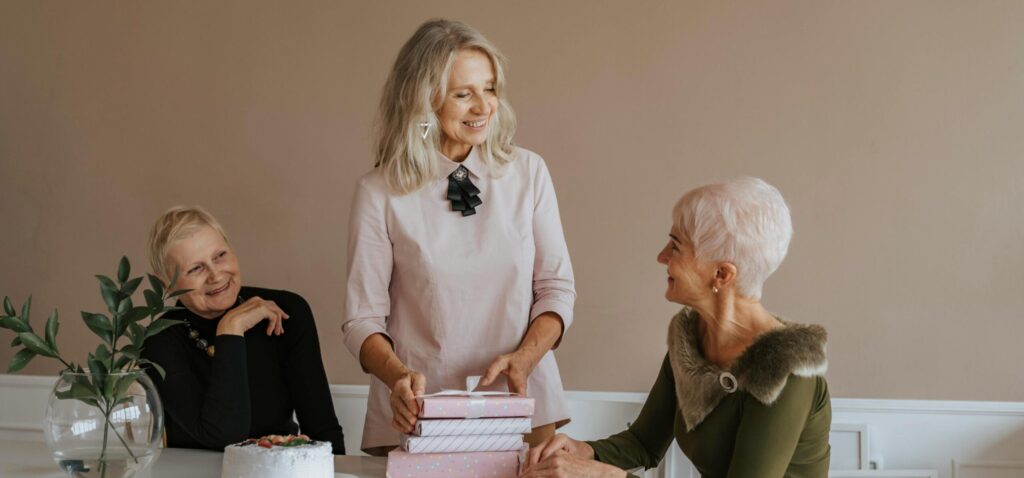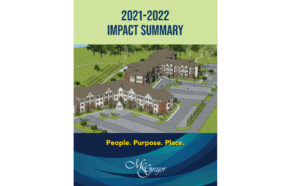
Combating Loneliness and Isolation
Empowering Older Adults to Find Purpose Every Day
As we journey through life, the prospect of aging can sometimes feel daunting, accompanied by a range of emotions and uncertainties. One of the most common concerns that older adults often face is the fear of loneliness and isolation. It’s natural to worry about spending days without meaningful interactions, feeling disconnected from the vibrant rhythms of life that once defined our days.
The truth is, these fears are valid and deeply felt. Many older adults find themselves navigating a landscape where social circles may shrink, family dynamics change, and the pace of life seems to slow down. The risk of falling into a routine of solitude, where days blend into one another, can be a stark reality that weighs heavily on the mind.
However, amidst these challenges, there is hope and a path towards a more fulfilling and connected experience of aging. Programs like PACE (Program of All-Inclusive Care for the Elderly) are designed not just to address medical needs but also to nurture vibrant communities where older adults can thrive.
PACE (Program of All-Inclusive Care for the Elderly) is a unique model of care that emphasizes building community and socialization among older adults. Here are several ways McGregor PACE fosters community to combat isolation and promote well-being:
- Adult Day Health Centers: PACE centers provide a welcoming environment where participants can engage in various activities, interact with peers, and receive comprehensive care. These centers offer a range of services, from medical care to social activities and therapeutic programs. McGregor PACE has centers in Brooklyn, Warrensville Heights, and Forest Hill.
- Multidisciplinary Teams: PACE employs a team-based approach that includes doctors, nurses, social workers, therapists, and other professionals. This multidisciplinary team not only addresses medical needs but also focuses on the social and emotional well-being of participants, fostering a sense of belonging and support.
- Group Activities: PACE organizes group activities such as arts and crafts, music therapy, exercise classes, and educational workshops. These activities not only provide stimulation and entertainment but also create opportunities for social interaction and relationship building.
- Community Outings: PACE often organizes outings to parks, museums, cultural events, and other community locations. These outings allow participants to explore their interests, connect with others, and maintain a sense of connection to the broader community.
- Volunteer Opportunities: Involving older adults in volunteering activities within the PACE program or in the broader community can give them a sense of purpose and fulfillment. Whether it’s helping with meal preparation, mentoring younger individuals, or participating in community service projects, these opportunities promote social engagement and a positive outlook.
- Intergenerational Programs: Some PACE programs incorporate intergenerational activities, bringing together older adults with children or younger adults in meaningful interactions. These programs not only break down age-related barriers but also provide opportunities for learning, mentoring, and shared experiences across generations.
By incorporating these strategies, PACE helps older adults maintain active social lives, stay connected to their communities, and experience a sense of purpose and belonging. These factors are crucial in preventing depression, isolation, and the negative effects of loneliness often associated with aging.


